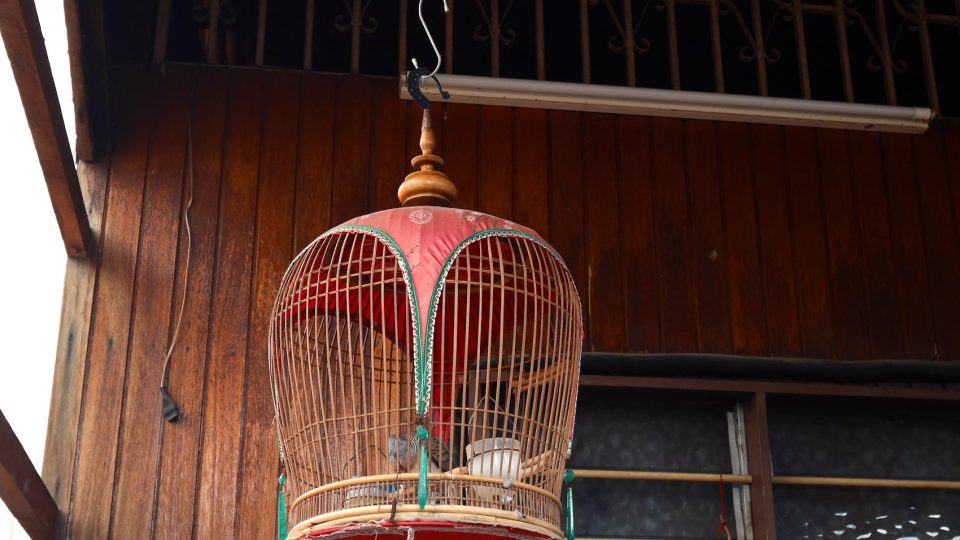[An interview with DrP on BusinessInsider by Lindsay Dodgson]
When you hear the term “introvert,” you might imagine someone who’s quiet and insular, who likes to spend most of their time alone, avoiding social situations.
But being an introvert isn’t really anything to do with how much you like spending time with other people. In fact, introverts can have some of the deepest and most meaningful friendships.
The difference between introverts and extroverts is actually biological, and it comes down to how they unwind after social situations.
Doctor of Psychology Perpetua Neo told Business Insider that in terms of their brain chemistry, introverts have a lower threshold of dopamine sensitivity than extroverts (dopamine is a chemical associated with reward because it makes us feel good). Essentially, the lower your dopamine threshold, the more easily stimulated you are.
“As an introvert, you are more energised by spending time on your own, or in very small intimate groups of people you trust,” Neo said. “So when you are out in a social environment that is very highly stimulating, what happens is that while the extrovert gets more and more incandescent and magnetic, the introvert starts shrinking and shrinking away.”
Introverts have different brain chemistry
The pathway that an introvert’s or extrovert’s brain takes when they are in social contexts differs. While extroverts have a very short pathway, for introverts it is called the Long Acetylcholine Pathway. It’s much longer, which means that a stimulus goes through many different parts of the brain.
One is the right frontal insular cortex, the part of the brain that notices errors. Introverts notice all sorts of details, which makes them self-conscious about the mistakes they are making. Another is the frontal lobe, which evaluates outcomes. This means an introvert has a really busy mind worrying about what’s going to happen. They also tend to draw very strongly from their long-term memory bank when speaking.
Basically, for an introvert an event is never just an event. While extroverts can just immediately respond and react to environments, introverts cannot because so much is going on in their head.
“That’s why they are vulnerable for being a bit more anxious in a social context, or what people might call a bit more ‘neurotic,'” Neo said. “But that’s just because the brain is wired that way. So essentially what happens is after too much social stimulation, whether we’re talking about small groups, or a noisy overstimulated context, an introvert’s nervous system is overwhelmed.”
The 'introvert hangover'
Because of this, introverts need to spend time alone to withdraw and recharge, known as their “introvert hangover.” This activates a different pathway in the brain that stimulates the parasympathetic nervous system — responsible for “rest and digest” functions. Introverts like this pathway because it helps them wind down when they’ve had a lot of cortisol and adrenaline has been coursing through them.
“When we can actually spend time recharging, whether its sitting at home, cleaning your house, or watching Netflix, or lying down and reading a really good book, your acetylcholine pathway kicks in,” Neo said. “Essentially this calms your body down and makes you quite happy.”
How introverted or extroverted you are — and you’re likely to be somewhere in the middle — is simply your neurodiversity. It has nothing to do with how shy or socially anxious you are.
“Social anxiety is where you have fear and this need to avoid social situations because you are so scared of how you are going to perform,” Neo said.
“You think you’re stupid, or people will laugh at you, or you’ll never measure up. So there’s a bit of that fraudster, imposter syndrome in that… Within that event itself your brain is always looking for errors and scolding yourself.”
After the event, she added, a socially anxious person will rewind the whole thing in their mind on a loop with all the things they shouldn’t have done, or feel bad about, ignoring all the good things. This leads them to want to avoid any future social interactions, because it feels so exhaustingly uncomfortable.
“A lot of people conflate introversion with social anxiety, and that’s just not true,” Neo said. “You can be an extrovert and have social anxiety, or be painfully shy, or socially awkward. The difference is an introvert will tend to recharge on their own and an extrovert needs busy surroundings and busy situations in order to recharge.”
Introverts hate small talk
Introverts thrive on social interaction, just as many people do. They just do it in a different way to people who are more extroverted. For instance, a “social butterfly” extrovert may like to meet 50 people at an event, and get a buzz from talking to as many people as possible. Meanwhile, an introvert probably aims to get to know just two new people, but they will hope to foster the beginnings of a deep relationship.
This is one reason introverts often hate small talk, which Neo calls “small-talk disorder.” It also means they will consistently be overwhelmed and need to rest afterward, sometimes sleeping for up to 18 hours at a time.
Introversion is not an insult; it's just a different way of living to other people. And wherever you are on the introversion-extroversion spectrum, the most important thing is learning how to use your differences to your advantage.
“When you spend time having fun or resting in your introvert hangovers, you can accelerate your professional and personal growth,” Neo said. “The more comfortable you are with telling people: ‘I have an introvert hangover; this is the time for myself. I’m blocking these chunks of time dedicated to me,’ the more you are able to own yourself as an introvert — rather than thinking there’s something wrong with you.”
I know how tough it is to try to act like something you’re not, and how it saps your confidence away. To master who you are, perform phenomenally and feel joyful whilst doing all that, book your free Chemistry Call here.





